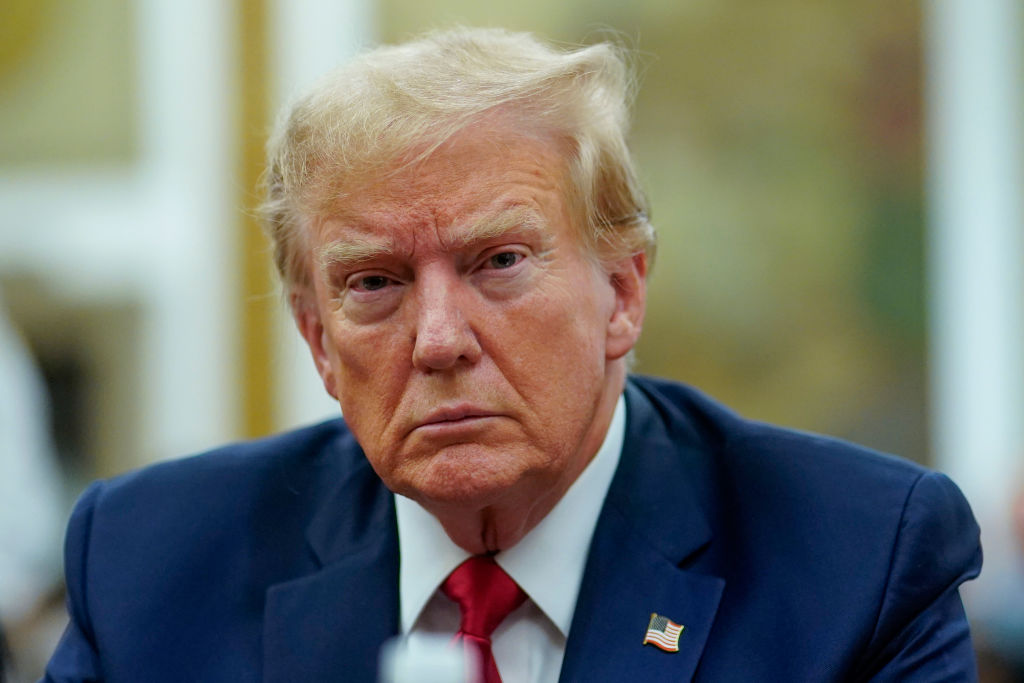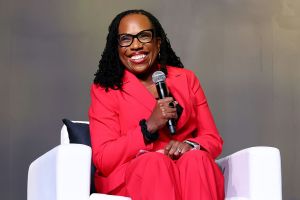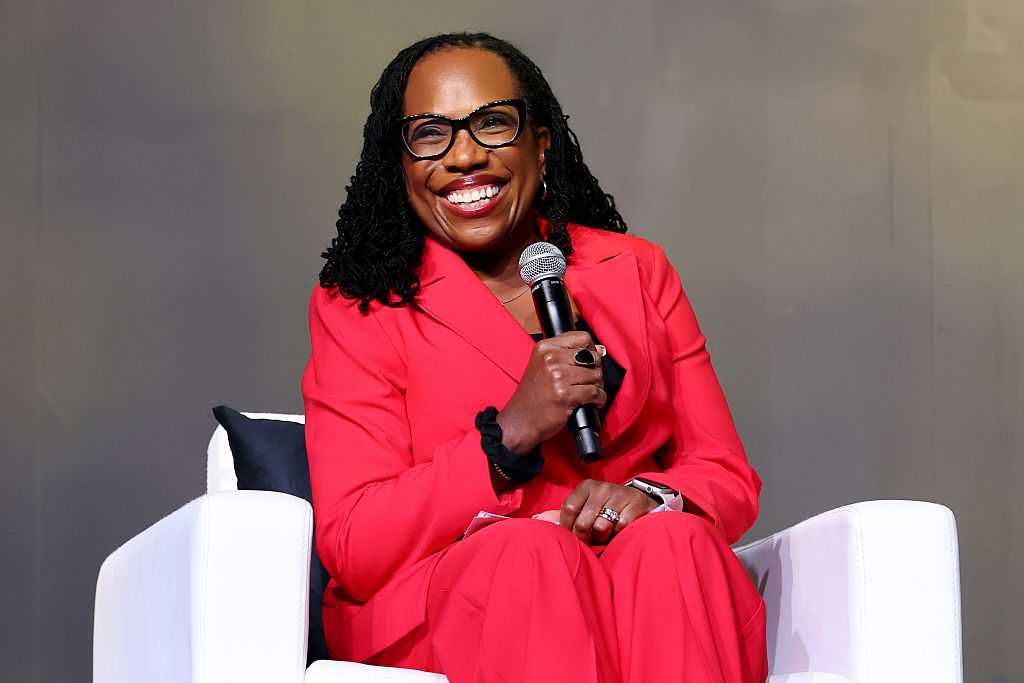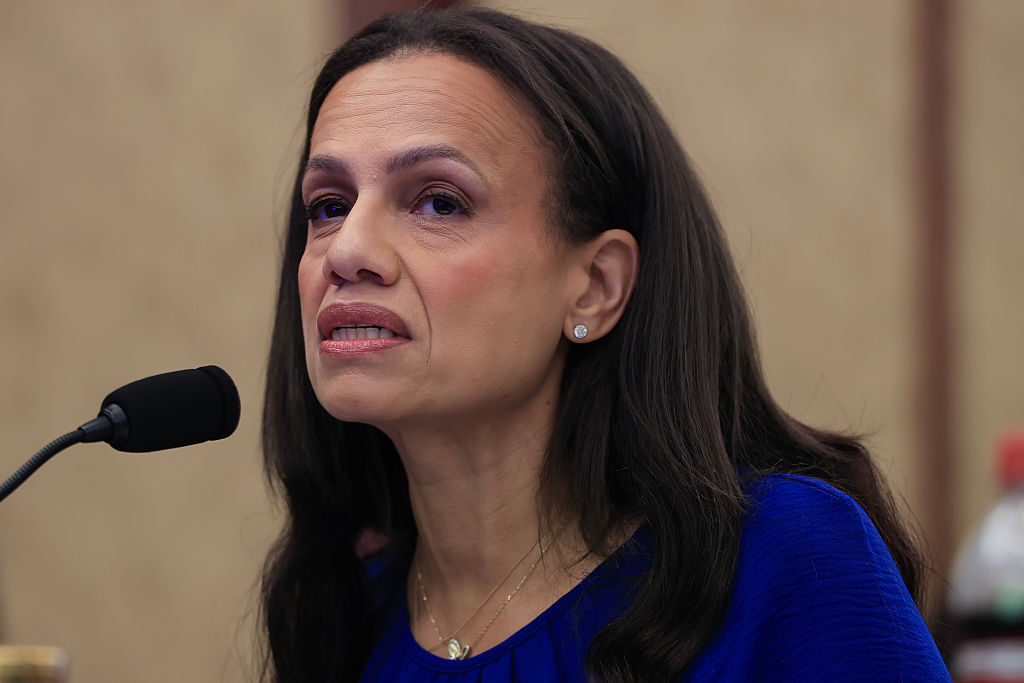Welcome to Thunderdome, where last night’s debate in Tuscaloosa had some interesting aspects we’ll get to momentarily — but first, consider what this week looked like from the perspective of the front-runner for the nomination and, according to some, for the presidency.
Donald Trump did a town hall with Sean Hannity — which got significantly less viewership than Ron DeSantis versus Gavin Newsom — where he managed to bolster Joe Biden’s central case against his candidacy. In Washington, Jack Smith dropped a new indication of the direction he plans to take with his case against Trump, including evidence of “encouragement of violence.” And Axios dropped a series of anticipated staffing moves in a Trump second term, in a very early and very speculative report that will nonetheless be used to argue he’ll be far more vengeful and unhinged than he was in his first go-round — all part of what appears to be an overall freakout in the media about the possibility of Trump winning a second term.
Martin Gurri has thoughts on this unanimity from the media and the freakout over burgeoning authoritarianism:
The word most often associated with Trump is “authoritarian.” From the New York Times, Atlantic and Economist to the Guardian, Vanity Fairand Politico, we are told, with ritual repetition, that Trump is the second coming of Hitler or Mussolini, an aspiring dictator eager to herd his opponents into the great American gulag. Naturally, people panic. I want to calm them down. Using as few words as possible, I’m going to show that the combination of Trump and authoritarianism is an impossibility.
What’s an authoritarian, anyway? The word is squishy. It can mean someone who likes to have his own way or someone who compels you to do things his way. Since we’re dealing with extreme emotions, I’m going with a hardline definition: an authoritarian, let’s say, is an actual or would-be dictator.
If you expect to become an authoritarian, you have to wield absolute control over a key institution of government such as the military (Franco, Perón, Pinochet) or a mass movement with a paramilitary wing (Lenin, Mussolini, Mao). Neither condition applies to Trump. Every federal institution is set ferociously against him. What would happen if Trump ordered the FBI or the 101st Airborne Division to start shooting Democrats? Homeric laughter would happen. And if Trump is training a militia somewhere off the eighteenth hole at Mar-a-Lago, not even the Times has heard about it.
The problem as I see it is that Trump has effectively navigated 2023 as one long bye week in his political career. Not on the legal front, of course; he’s been bouncing from one court case and one pricey legal team to another, fundraising for his legal fees even as the RNC flounders. But when it comes to politics, he’s basically been an afterthought, the potshots from the current president notwithstanding.
Even something like this media outpouring is an indication of how far Trump exists from the scene. Since Democrats effectively made him the great threat tied to every Republican in the 2022 midterm cycle, they’ve been far more focused on abortion than Trump. And because the 2024 primary campaigns have all with the exception of Chris Christie’s shoestring effort focused on attacking each other, Trump has effectively been getting a pass. The negative ads run against him are minor and put out by groups as fundraising tools.
You can dismiss this phenomenon if you like. Just remember the polls that are being used to argue that Trump can not just beat Joe Biden but beat him easily are taken in the context where Trump has received essentially no sustained advertising or campaign targeted effort to bring him down for a calendar year. After the voting starts, Republicans shouldn’t expect that bye week reality to last — especially if and when he gets his first conviction.
Nikki Haley under fire
I can’t imagine that last night’s debate, hosted on NewsNation, is going to receive all that much attention — but it really did show Megyn Kelly’s talents as a host and Nikki Haley’s struggles when she’s the focus of attacks from several directions.
Haley had difficulty handling the serious critiques from Ron DeSantis and the pointed barbs from Vivek Ramaswamy; she also seemed poorly prepared to handle three things she should absolutely have expected: first, to be challenged on her support from big-money donors who are often at odds with Republican voters; second, to have to defend her hawkish positioning on Ukraine; and third, that her past remarks and positions on hormone blockers and gender surgery would be a flashpoint.
The consensus among a number of the handicappers is that Ron DeSantis had his best night yet, and it came even as his criticism of Trump was more pronounced. Per the Hill:
“The idea that we’re going to put someone up that’s almost eighty and there’s going to be no effects from that — we all know that’s not true. And so we have an opportunity to do a next generation of leaders,” DeSantis said.
He also criticized Trump over certain policies during his administration, arguing that the former president fell short of what he promised to accomplish. He slammed Trump for not “cleaning up ‘the swamp’” and not having Mexico pay for a wall on the southern border.
For DeSantis, it’s clear from his opening and closing arguments that his case to Iowans is as a winner who overperformed in 2022 even as Republicans fell flat across the country — and that giving him the nomination will translate to victory. But even if Iowans seem to be increasingly buying that message, Republicans nationally haven’t put him in that category. They still think Trump is their best path to victory in 2024.
As for the other two, Chris Christie was a footnote who got booed a lot, and Vivek’s best accomplishment was forcing some poor political writer to fact-check his claim about Thomas Jefferson and the swivel chair.
Will the GOP have a shot with black voters?
Are black voters less wedded to Democrats now, and if so, why? Ryan Burge writes:
Here, [Nate Cohn] finds that the political partisanship of African Americans has shifted really noticeably in the last couple of years. For decades the black vote has been overwhelmingly for the Democrats — usually in the 85 percent to 90 percent range. Well, new data from the Times finds that the share of Black voters who identify as Democrats has dropped to just 73 percent — that’s a twelve point drop since 2020. At the same time the Republican share has basically doubled from 8 percent to 17 percent.
That’s a big deal. The Democrats need to run up the score with black voters because they are not doing well with white voters in recent elections. That’s especially true among white Christians with low levels of education and low church attendance...
The share of black folks who were Democrats was 83 percent in 2016. That’s pretty much in line with the historical numbers. Then, it dropped to 75 percent in 2020. Then, in just the next twelve months it declined to only 68 percent, then it stayed there in 2022 at 67 percent. A sixteen point drop between 2016 and 2022. That’s not small potatoes.
However, I do fell it necessary to point out where these Democrats have gone. It’s not like all them pledged allegiance to the GOP. The Republican share did increase from 6 percent in 2016 to 11 percent in 2022. But the bigger numeric shift is toward Independents. They were 11 percent in 2016 and 22 percent in 2022. So it looks like Independents gained about 2/3 of the Democrat defectors and Republicans got the 1/3.
One last thing
It is remarkable how short political memories are these days, but this Politico piece about Rick Santorum is an indication: how quickly we forget how odd the Iowa caucuses can be.
The outlines of Santorum’s unlikely victory are remarkable. In the lead-up to that year’s caucuses, Santorum ran just $23,000 worth of television ads. Much of his victory is credited to the 385 town halls and speeches he gave while traveling the state’s highways in a silver 2006 Dodge Ram 1500 pickup named “Chuck Truck,” after his Iowa aide Chuck Laudner.
Nearly twelve years later, you can still detect the hard edges of bitterness in Santorum’s voice as he talks about his effort.
“The story that you guys have never told, nor do I think you have any interest in telling — you certainly didn’t then — was some guy who lost his Senate race by 18 percent six years before the caucus, and went to Iowa in a truck and car all by himself and campaigned all over the state and spent less than a million dollars the entire campaign, and won the Iowa caucuses,” said Santorum, the buttoned-down conservative father of seven children. “Candidly, if I was a Democrat, I would be a hero in national politics. But because I am who I am, nobody ever knows that.”
Of course, we have to consider that if Iowa decided GOP nominees, we’d have gotten Mike Huckabee, Santorum and Ted Cruz… so perhaps that’s a lot of false hope for the DeSantis camp, even if they win there. But you’ve got to win somewhere to have any shot, and unlike Santorum, they don’t just have $23k and a truck. Presumably.


























Leave a Reply